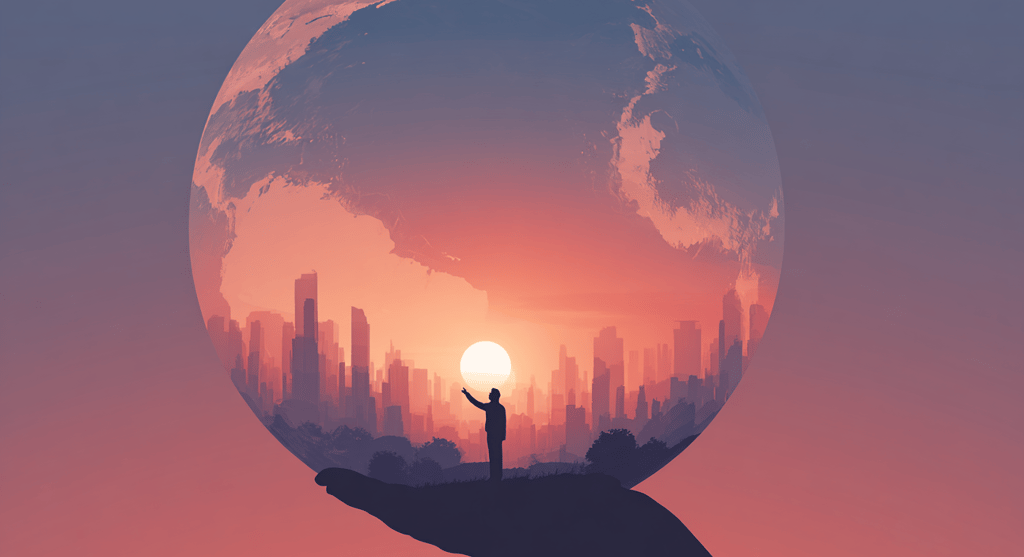THE WORLD AS PREY
WHY WE MUST LEARN NOT TO WANT TO POSSESS EVERYTHING
Birte Brunner
12/12/20252 min read


Ever since humans began walking upright, they have been accompanied by an insatiable desire:
To see what lies beyond the next hill,
to cross the sea,
to traverse the desert,
to conquer the sky.
Curiosity is one of our greatest strengths – it has given us art, science, medicine and stories. But it also has a dark side: the urge not only to explore, but also to possess.
Forests become timber, animals become trophies, oceans become markets, and the sky becomes littered with satellites. Every corner of the earth should not only be known to us – it should be ours.
The price we pay for this is high. Since 1500, humans have wiped out at least 680 vertebrate species. Today, according to UN estimates, around one million animal and plant species are threatened with extinction. Entire communities are disappearing before we have even understood them. What began as an adventure has turned into appropriation – and, sadly, often destruction.
It is no coincidence: possessiveness is deeply ingrained in our culture. We believe that progress means control, that growth justifies any intervention.
But what if we are wrong?
What if true greatness does not lie in controlling everything – but in respecting boundaries?
We could start to see things differently:
Forests not as a storehouse of raw materials, but as the planet's respiratory system.
Animals not as commodities, but as fellow creatures.
The Earth not as prey, but as a home we share with others.
What can we do?
We can expand protected areas, combat the illegal trade in wild animals, and promote sustainable agriculture and fisheries. We can rethink consumption, strengthen local initiatives, and use education as a bridge. And above all, we can stop seeing ourselves as the centre of all life.
The curiosity that has always driven us forward does not have to disappear. But it needs a new direction: no longer possession, but relationship. No longer conquest, but preservation. No longer control, but coexistence.
Because if we want to possess every corner of this earth,
in the end there will be nothing left worth admiring.
